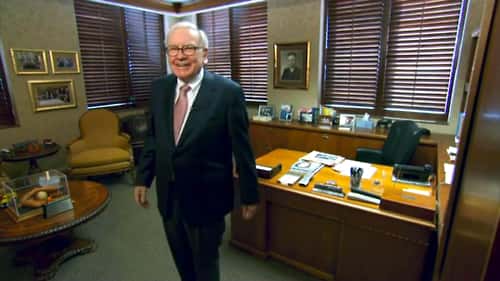The Best Way to Fund Your Business
Your business needs money.
Maybe you’ll borrow it from a bank. Or family members. Or raise money from a venture capital fund. Perhaps you’ll go public one day.
Just don’t forget two of the most important ways to fund your business.
1. Ask customers to pay for the value they’re getting
Revenue should be a top source of capital. It’s amazing how overlooked this can be.
Especially when your company is young and trying to prove itself, there’s an idea that the key to success is pricing your product so low – even free – that more people will be interested in it and you’ll scale into something sustainable.
But interest from a customer who isn’t paying for the value they’re getting is like interest from a drunken first date. It may flattering. It may even be sincere. But it is out of context of what matters in the real world.
In his book 28 Lessons From Startups That Failed, Mike Dariano writes about a number of startups that created buzz with a cool product, but ultimately failed because people weren’t willing to pay for it. I notice this in my own life. The number of things I think are cool is an order of magnitude larger than the number of things I’m willing to pay for.
“Validate your idea by asking people to pay,” Dariano writes. “Get to a ‘shut-up-and-take-my-money’ moment.”
Marc Andreessen was once asked what business advice he’d put on a billboard.
“Raise prices” he said:
The No. 1 theme with our companies have when they get really struggling is they are not charging enough for their product … they don’t charge enough for their product to be able to afford the sales and marketing required to actually get anybody to buy it.
It’s a death spiral.
Warren Buffett says the top factor of any businesses success over time is pricing power: The ability to raise prices at or above the rate of inflation without knocking sales.
The inability or unwillingness to charge customers a price that sustains your business in the long run is the opposite of pricing power. Admitting when you’re at this point is key to making the right changes your business and product need to survive.
“By the way,” Andreessen said, “is your product any good if people won’t pay more for it?”
2. Exercise your own frugality
The most important concept in personal finance is realizing that wealth is what you don’t see.
Wealth is the money you didn’t spend on stuff. It’s the sports cars not purchased. It’s the jewelry forgone. The expensive clothes you didn’t buy, and fancy dinners you didn’t eat.
We’re trained to think that stuff is correlated with wealth. But it’s not. At the budgetary level, wealth is literally the money you didn’t spend on stuff.
When you see someone with a $100,000 car, you only know one thing about their personal finances: They either have $100,000 less in the bank, or $100,000 more in debt, than they did before they bought the car (or some combo of both). That’s all you know.
It’s the same for businesses.
When you come across a glass-walled office with decked-out employee luxuries, you only know one thing about that company: That they have less cash than they would have without the fancy office. That’s all you know.
You don’t know that they’re successful. You don’t know that they’re profitable. All you know is they burned some cash. Cash that may have been put to better use invested in products, marketing, or salaries.
Chamath Palihapitiya recently lamented the boom of luxury startup offices:
It’s fine to fail. But if you fail because you didn’t have the courage to move to Oakland and instead you burned 30 percent of your cash on Kind Bars and exposed brick walls in the office, you’re a f****ng moron.
There is a fine line between creating an environment that lets your employees work productively and stroking your own ego.
In energy markets, efficiency and conservation has become a new source of “supply.” It’s weird to think of it like that, but a car doubling its MPG has the same impact on consumer budgets as a cutting the price of gasoline in half.
It’s similar for business finances. Your own frugality can be a prime source of capital.
This is the office of the third-richest man in the world. His company made $1,040 of profit every second last year. The correlation between that statistic and the humility of this picture is quite high over time:
